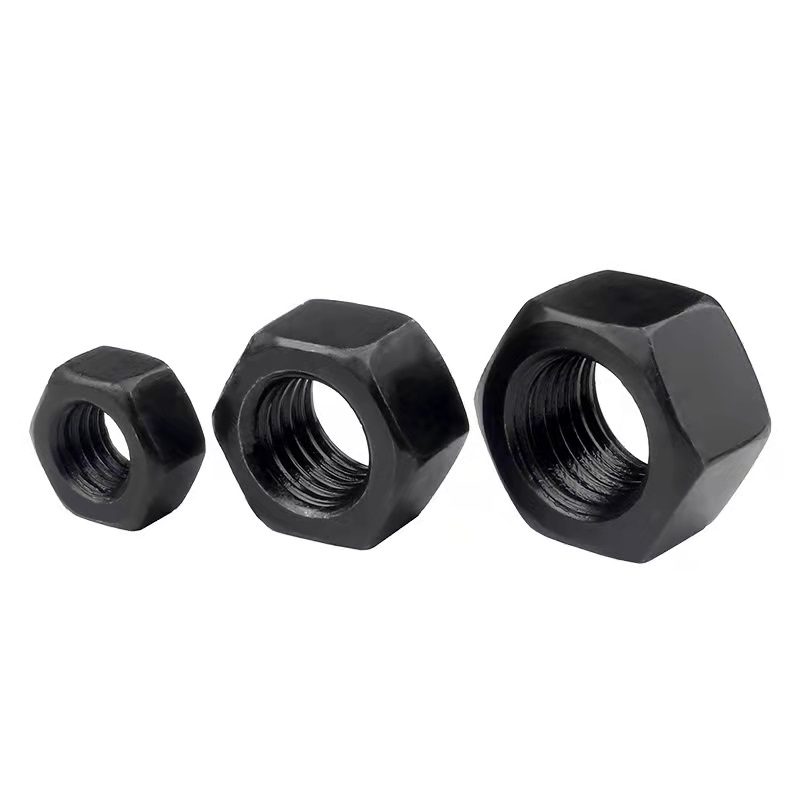High-Quality Countersunk Head Allen Key Bolts Manufacturer
සැප්. . 06, 2024 03:44 Back to list
High-Quality Countersunk Head Allen Key Bolts Manufacturer
Understanding Countersunk Head Allen Key Bolts A Factory Perspective
In the world of fasteners, the importance of choosing the right type cannot be overstated. Among the many varieties available, countersunk head Allen key bolts stand out due to their unique design and versatility. These bolts are engineered to be flush with the surface when installed, which not only provides a neat appearance but also reduces snagging and potential interference with moving parts or other components. As we delve deeper into these specialized fasteners, it's essential to explore their manufacturing process within a factory setting.
What Are Countersunk Head Allen Key Bolts?
Countersunk head Allen key bolts are a type of screw fastener that features a conical shape at the head, allowing for a flush fit when installed into a corresponding countersunk hole. The hexagonal recess in the head is designed to be driven by an Allen key (or hex key), enabling efficient torque application without the need for additional tools. This design provides a functional, aesthetic advantage, making them a preferred choice in various applications, from machinery assembly to DIY projects.
The Manufacturing Process
The production of countersunk head Allen key bolts involves several key steps to ensure quality and performance. The raw material, typically high-grade steel or stainless steel, is selected based on the desired strength and corrosion resistance. The manufacturing process begins with the cutting of the raw material into precise lengths.
Next, the bolts undergo a forging process, which helps to enhance their structural integrity. During forging, the metal is heated and shaped under high pressure, resulting in a dense and durable bolt. This is followed by machining, where the head is formed into the countersunk shape, and the hexagonal recess is created. This step is critical, as it directly affects the bolt's ability to be driven by an Allen key.
countersunk head allen key bolts factory

After machining, the bolts are subjected to heat treatment. This process involves heating the bolts to a high temperature, followed by controlled cooling. Heat treatment increases the hardness and tensile strength of the bolts, making them suitable for demanding applications. Quality control checks are essential throughout the manufacturing process to ensure that each bolt meets industry standards.
Applications and Benefits
Countersunk head Allen key bolts are widely used in various industries, including automotive, aerospace, and furniture manufacturing. Their ability to sit flush with surfaces makes them particularly useful in applications where aesthetics are important, or where smooth surfaces are necessary for safety or functionality.
The use of an Allen key for installation provides several advantages it distributes the torque evenly, reduces the risk of stripping the head, and allows for access in tighter spaces where traditional bolts may be difficult to install or remove.
Conclusion
In conclusion, countersunk head Allen key bolts are a vital component in the fastener industry, with their unique design offering both practical and aesthetic benefits. The manufacturing process ensures that these bolts maintain high levels of strength and durability. As industries continue to evolve, the demand for such fasteners remains steady, underscoring their crucial role in modern engineering and design. In any factory, understanding the intricacies of these bolts can lead to better choices in the assembly process, ultimately enhancing product quality and reliability.
Latest news
-
Premium Wood Screws for Flooring - Reliable Wood Floor Screws Company & Suppliers
NewsJun.24,2025
-
High-Quality Cabinet Bolts – Reliable Factory, Trusted Company & Leading Suppliers
NewsJun.10,2025
-
Dragon Bolts UNF Wholesale – Top OSRS Dragon Bolts UNF Manufacturer & Exporter
NewsJun.10,2025
-
Premium Wind Lock Washers - Secure Anti-Vibration Solution
NewsJun.10,2025
-
Stainless Steel Socket Head Cap Screws High Strength & Corrosion-Resistant
NewsJun.10,2025
-
Shake Proof Washers Durable Anti-Vibration Locking Solutions
NewsJun.09,2025
